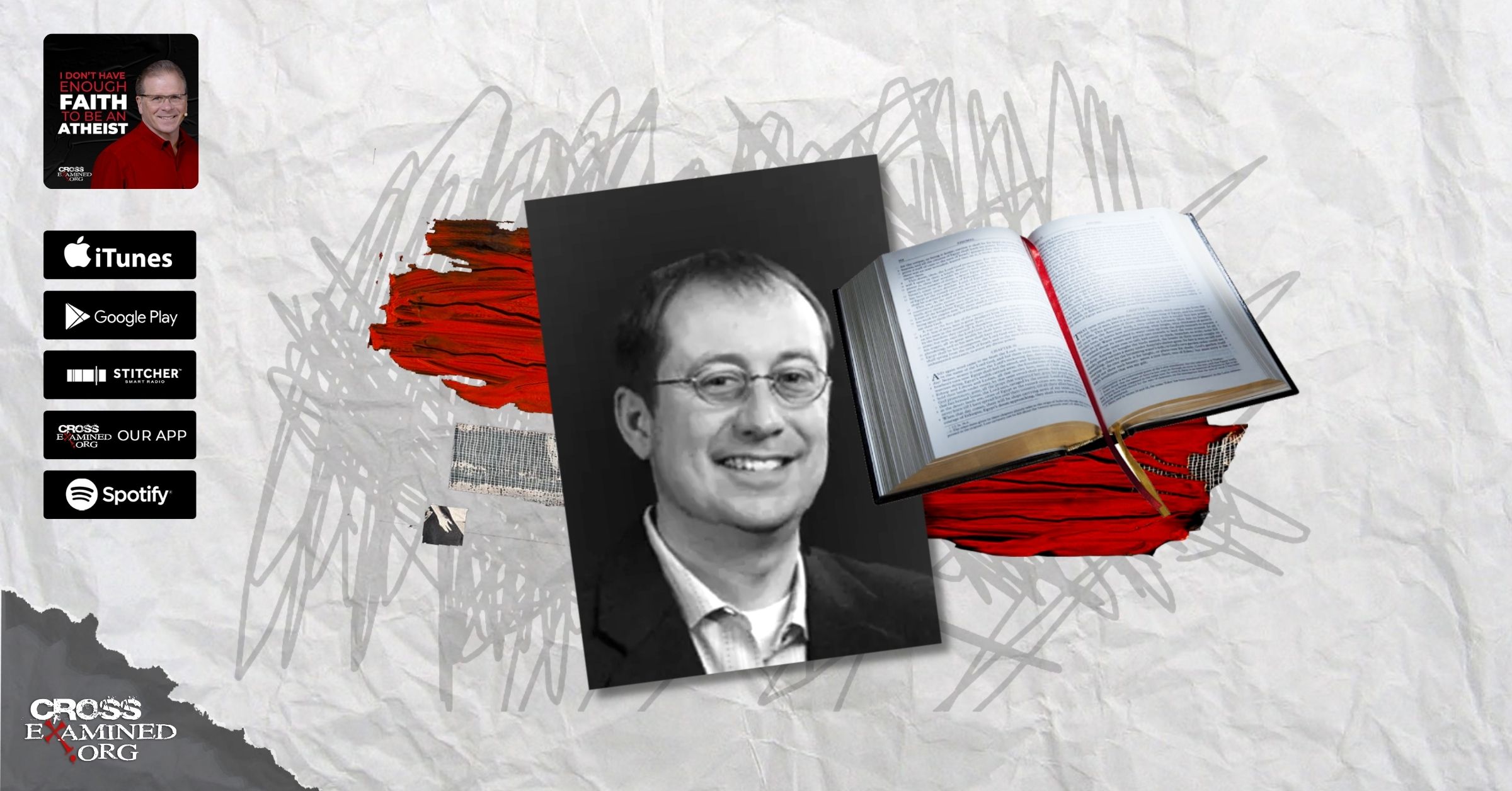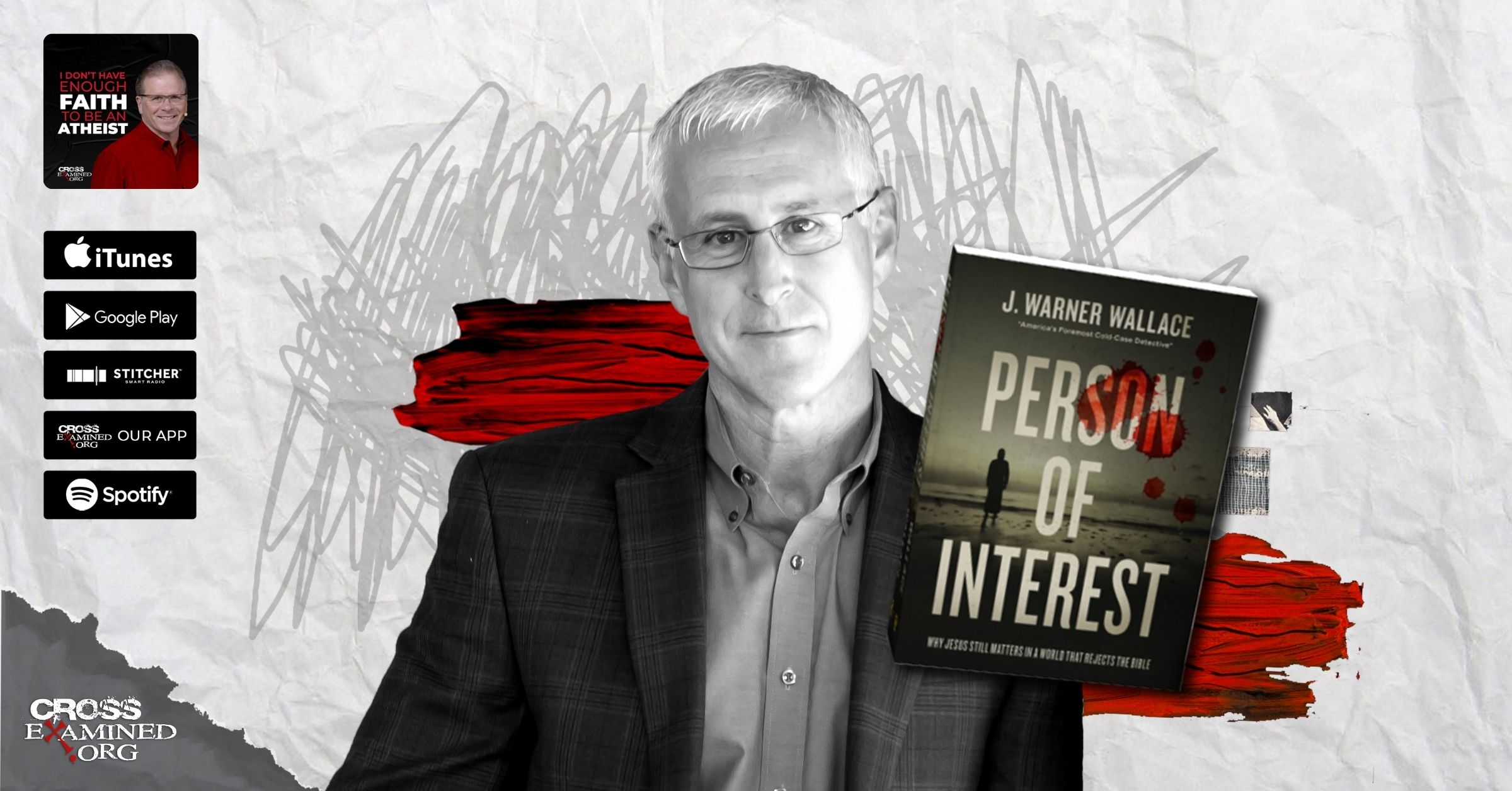Why People Hate Being Judged
By Al Serrato
“Don’t judge me” seems to be an increasingly uttered, and accepted, refrain in our society, reflecting what appears to be a universal and deep-seated human tendency. Even Christians, who should know better, seem to be jumping on board, believing somehow that Christian compassion requires us to be more understanding and more accepting of bad behavior.
But when you think about it, the phrase is not quite apt. Most people don’t really mean that they don’t want to be judged. In fact, they do. What they mean is that they want others to approve of their conduct or behavior. What they don’t want is to be judged and found wanting. Whether its sports or academics or work, again and again we see that people want to compete, want to be praised for their performance, and want to come out on top. It is losing – being told that they didn’t measure up or that they did something wrong, or bad – that they seek to avoid.
This inclination to seek praise and to avoid condemnation is apparent from a child’s earliest days: praise him and he smiles, admonish or scold him and he cries. He doesn’t need to be taught how to react; he simply knows it. And when he learns to express himself, one of the first things he will intuitively grasp is that there is this thing called “fairness” by which all behavior is judged. He will make use of this early and often, as he condemns actions that do not meet his expectations. “That’s not fair!” he will exclaim, without fully understanding the power of that phrase to influence others. And when he himself is accused of being unfair, he will not respond by saying that it’s okay to be unfair; instead, he will say that he is being fair, as he attempts to justify his conduct. It’s only as he gets older that he will learn the clever parry that is so popular today of claiming that judging itself is wrong.
What explanation does atheism have for this obvious human condition? Since the vast majority of people seem inclined to want to shake off judgment and be free to do what they wish, wouldn’t natural selection have eliminated this condition of feeling constrained to act a certain way long ago? In other words, when we seek to avoid judgment, what we are really saying is that we do not want to feel guilt. We don’t want that nagging sense that, as CS Lewis put it, we are aware of a law that is pressing down upon us, a law that we did not create and that we cannot evade, for it resides within our minds. But if there is no God, what evolutionary benefit would possibly derive from feeling guilty about not acting as we should? Would this not inhibit us from future acts that might benefit us in a direct and personal way at the expense of others? If natural selection operates as Darwinists suggest, then those early humans who lacked a sense of guilt would have been free to vigorously pursue their self-interest – to enhance their ability to survive and to procreate – as contrasted with their fellows who were inhibited because they did not want to feel the guilt that comes from hurting other people. With survival of the fittest as the rule, behaviors that limit our choices and prevent us from putting ourselves first make us weaker, not stronger. In a universe in which we are simply an accident of evolution, pursuit of self-interest would be the default setting.
The Christian worldview, by contrast, can and does make sense of guilt. We intuitively know that there is a right and wrong, that there is good and evil and fairness and unfairness, because the absolute standard for goodness made us in His image. He left within us – written upon our heart as it were – intuitive access to this standard and a desire – a need – to conform to it. Our fallen nature prevents us from ever fully achieving this, but the knowledge of this law, and of our need to yield to it, is part of the very fabric of our minds.
God left within us the desire to find our way back to Him, and an innate fear of condemnation for failing to meet His standard. Though we may not realize it, we long to hear Him welcome us home with words of praise, a hearty “well done my good and faithful servant.”
What we seem to have forgotten, however, is that we need not fear ultimate condemnation, for He also sent His Son to provide us the way home, the path to redemption. But we cannot make it there on our own and pretending otherwise by trying to avoid feelings of guilt does no one any good.
Recommended resources related to the topic:
Stealing From God by Dr. Frank Turek (Book, 10-Part DVD Set, STUDENT Study Guide, TEACHER Study Guide)
Legislating Morality: Is it Wise? Is it Legal? Is it Possible? by Frank Turek (Book, DVD, Mp3, Mp4, PowerPoint download, PowerPoint CD)
Is Morality Absolute or Relative? by Frank Turek (DVD/ Mp3/ Mp4)
Was Jesus Intolerant? (DVD) and (Mp4 Download) by Dr. Frank Turek
__________________________________________________________________________________________________________________________________________________
Al Serrato earned his law degree from the University of California at Berkeley in 1985. He began his career as an FBI special agent before becoming a prosecutor in California, where he continues to work. An introduction to CS Lewis’ works sparked his interest in Apologetics, which he has pursued for the past three decades. He got his start writing Apologetics with J. Warner Wallace and Pleaseconvinceme.com.











